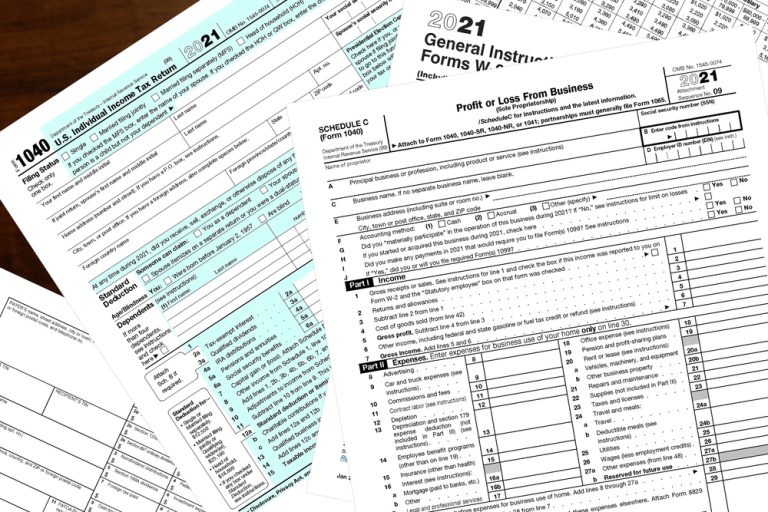Recent Meningitis Outbreak May Mean Increased Scrutiny for Compounding Pharmacies
Recent Meningitis Outbreak May Mean Increased Scrutiny for Compounding Pharmacies
The recent fungal meningitis outbreak attributed to a compounding pharmacy will mean increased FDA scrutiny even for those practicing compounding in a lawful and compliant manner as well as for wrongdoers. Until recent events, the biggest obstacle FDA faced in effectively regulating pharmacy compounding was its own budget. However, Congress may eliminate the “funding” barrier by prioritizing enforcement of FDA Compliance Policy Guide 460.200 – Pharmacy Compounding in light of the recent publicity surrounding the fungal meningitis outbreak allegedly traced to a Compounding Pharmacy. This will mean increased FDA scrutiny even for those practicing compounding in the “proper” manner as well as for those wrongdoers. For years the FDA has struggled to adapt an enforceable policy to regulate compounded pharmaceuticals, while not running afoul of Congress or the Judiciary. But selective enforcement by practicing discretion in deciding whether or not to take enforcement action has not adequately controlled the situation in the view of the public.
After all according to FDA, when Congress enacted the FD&C Act in 1938, it discreetly “outlawed” all pharmacy compounding practices. But simultaneously the FDA recognized the medical need for compounding and has consequently, exercised “enforcement discretion” for years.
Now that compounding is headline news, renewed calls for regulation of compounding by the FDA resonate from Capitol Hill. The FDA has received several letters from the elected questioning the law governing compounding and asking if the law needs to be strengthened. In a recent interview retired Chief Counsel of the FDA, Peter Barton Hutt, expressed his contention that the Agency can enforce on those who compound to “build inventory”, compound prior to having a prescription and compound pharmaceuticals already in FDA approved commercial manufacture.
Several recent cases, most notably Franck’s Lab compounded veterinary drug case, where twenty some odd polo ponies were found dead show the inconsistency of the FDA’s “discretionary” regulatory and enforcement policy.
What are the duties and rights of compounding pharmacies? What obligations do they hold and to whom do they answer? Who may inspect compound pharmacies and when? It becomes quite complicated as attempts at action by the FDA, State Boards of Pharmacy, legislatures and courts have left a patchwork of incomplete, overlapping laws, contradictory court rulings and uncertainty as to how much power any regulatory authority may exercise. For compounding pharmacies, their legal rights and obligations may not be that easy to define and should seek legal counsel to avoid FDA and state penalties that could lead to costly private lawsuits as well.








